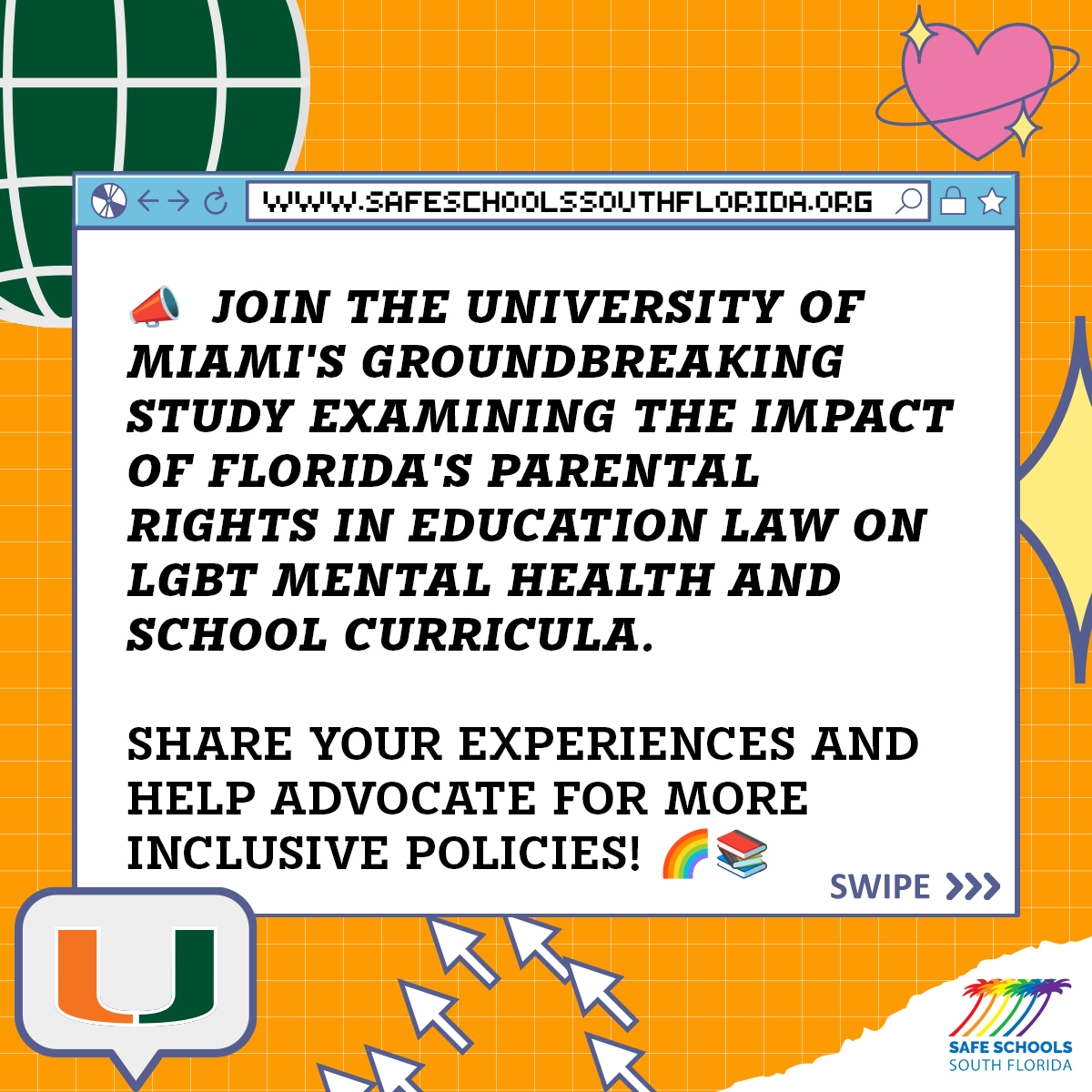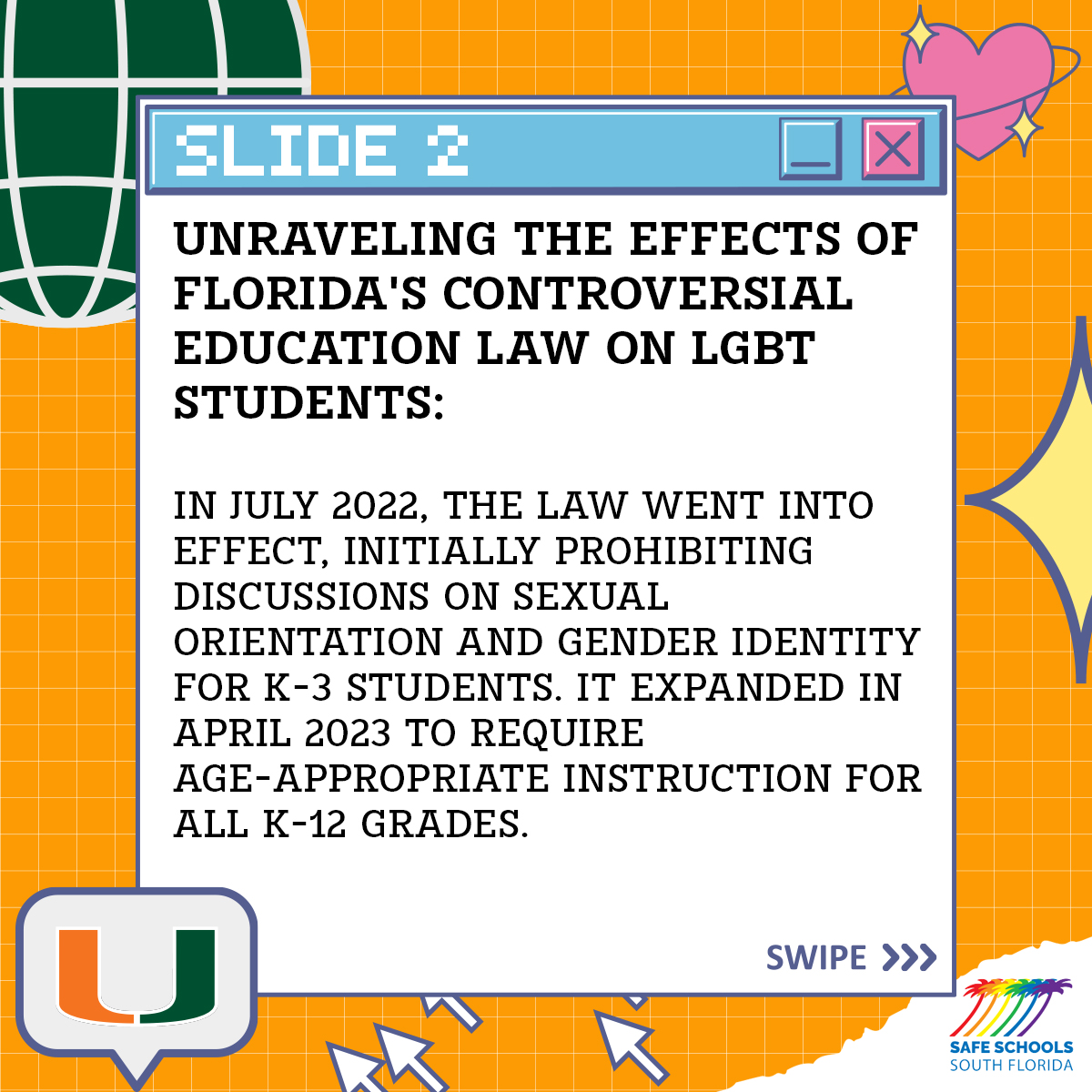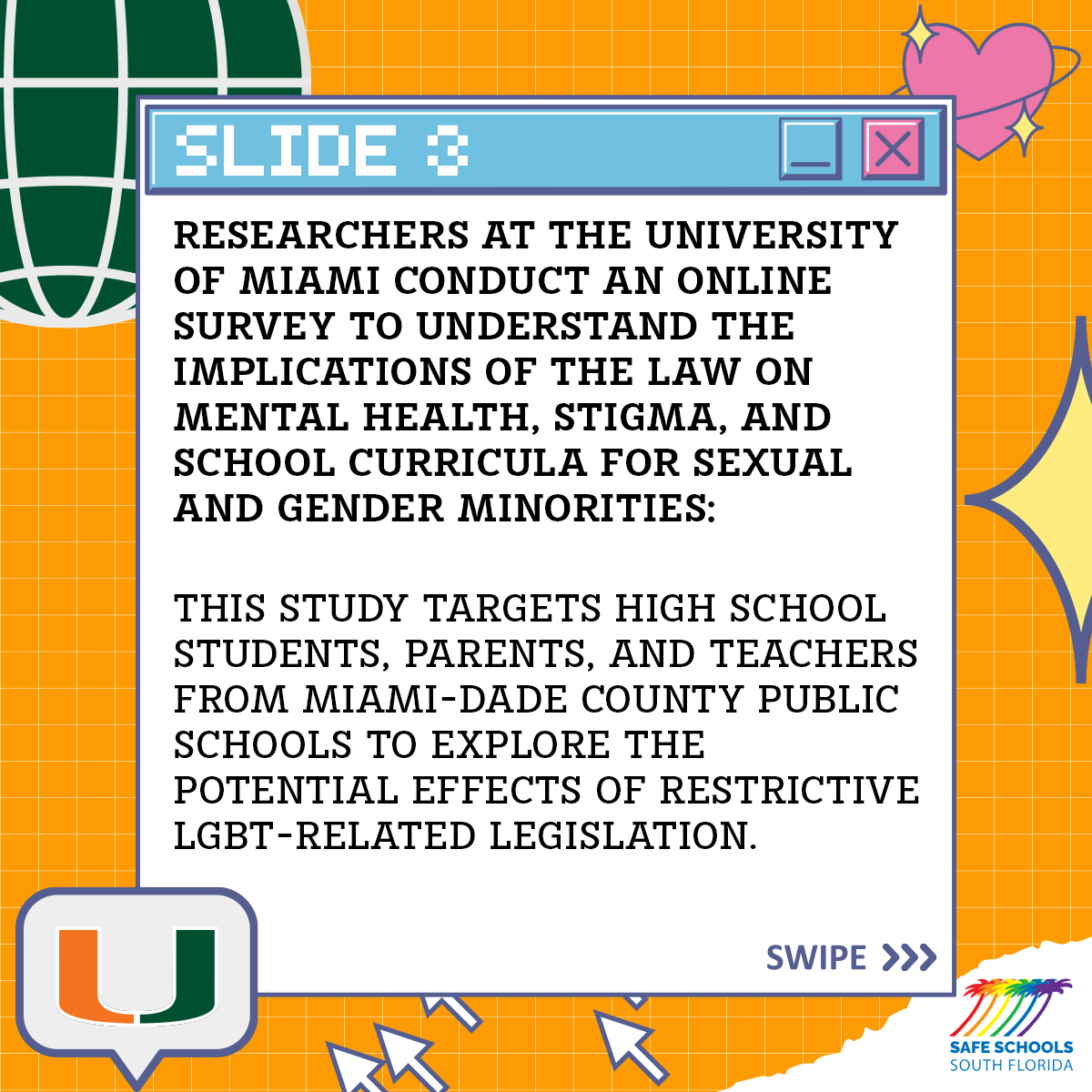In July 2022, Florida’s Parental Rights in Education law went into effect, sparking national attention due to its contentious language. Initially, the law prohibited classroom instruction on sexual orientation and gender identity for kindergarten through third-grade students. However, in April 2023, the legislation expanded its scope to include all grades (K-12), requiring “age-appropriate or developmentally appropriate” instruction on these topics. The potential consequences of such regressive LGBT-related legislation on health outcomes for sexual and gender minorities remain poorly understood.
To address this knowledge gap, researchers at the University of Miami have launched an online research survey, targeting high school students, parents, and teachers from Miami-Dade County Public Schools. The study aims to investigate the impact of the Parental Rights in Education law on various aspects of mental health, stigma, perceived safety, and any changes observed in both public and charter school curricula.
This groundbreaking study is particularly significant as it is the first of its kind to explore the potential effects of restrictive LGBT-related legislation on the wellbeing and learning environment of sexual and gender minority students. By gathering data from various stakeholders, the research team hopes to present a comprehensive picture of the real-world implications of the law.
The findings of this study will not only offer valuable insights into how such legislation affects sexual and gender minorities but also inform future policy decisions and educational practices. The ultimate goal is to promote inclusive and supportive learning environments for all students, regardless of their sexual orientation or gender identity.
As the debate around the Parental Rights in Education law continues, it is crucial to consider the impact on the mental health and wellbeing of the students directly affected by the legislation. Through this research, the University of Miami aims to contribute essential knowledge to the discourse, advocating for more inclusive policies that foster safe and supportive educational spaces for every student.










